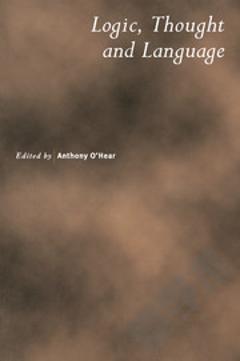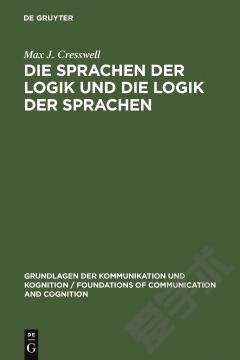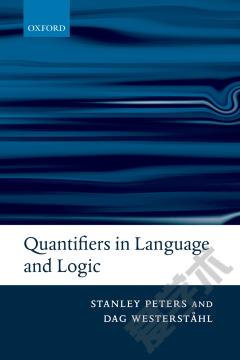Logic, Language, and the Liar Paradox
The liar paradox arises when we consider a sentence that says of itself that it is not true. If such self-referential sentences exist - and examples like "this sentence is not true" certainly suggest this -, then our logic and standard notion of truth allow to infer a contradiction: the liar sentence is true and not true. What has gone wrong? must we revise our notion of truth and our logic? or can we dispel the common conviction that there are such self-referential sentences? the present study explores the second path. After comparing the liar reasoning in formal and informal logic and showing that there are no gödelian liar sentences, the study moves on from the semantics of self-reference to the metaphysics of expressions and proposes a novel solution to the liar paradox: meaningful expressions are distinct from their syntactic bases and exist only relative to contexts. Detailed semantico-metaphysical arguments show that in this dynamic setting, an object can be referred to only after it has started to exist. Hence the circular reference needed in the liar paradox cannot occur, after all.
{{comment.content}}








 京公网安备 11010802027623号
京公网安备 11010802027623号